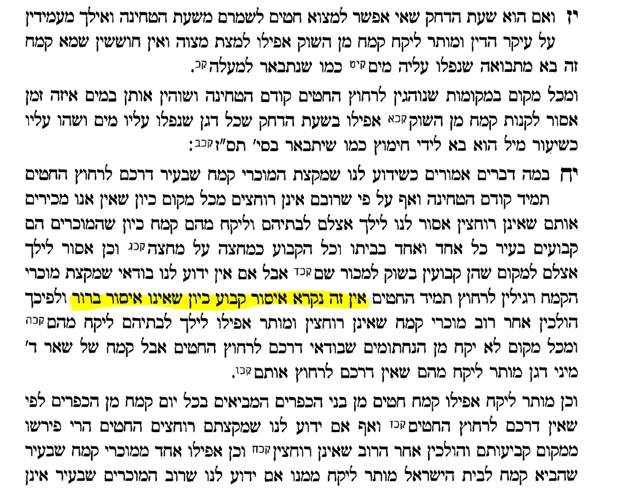BSD
Shkolimz 19b (2)
Nisan 3, 5785 – 4/1/25
1- At the last shiur we discussed the difference between רוב and קבוע.

הרבה קולמוסים השתברו בנסיון להסבירו
Food found on the street we say כל דפריש and follow the rule of רוב. So if most of the stores are כשר, we deem the meat as כשר.
On the other hand, if the doubt began inside or within the source, we apply the דין of קבוע and it’s 50-50 and thus not כשר.

An item found apart, is likely from the majority…
This week, our גמרא adds that if the meat is carried by a גוי, and this גוי says that he doesn’t remember what store he purchased it from [and technically, being that his doubt began at the source, it should be ruled as קבוע, nevertheless] we nevertheless follow the רוב. The reason given is that since for a גוי, it is irrelevant if it is כשר or not, the entire concept of קבוע does not apply.
2- Our גמרא touches upon the topic of בשר שנתעלם מן העין. Although this סוגיא is in בבלי as well, our גמרא is a source concerning meat that is in the possession of a גוי as mentioned by the מגיד משנה.
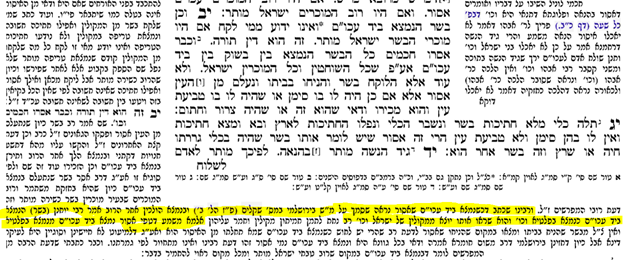
רמב”ם מאכלות אסורות ח, יב.
The רמ”א is more lenient.
3 – We mentioned an interesting ספר written by one of the last רבנים in Djerba Tunisia.
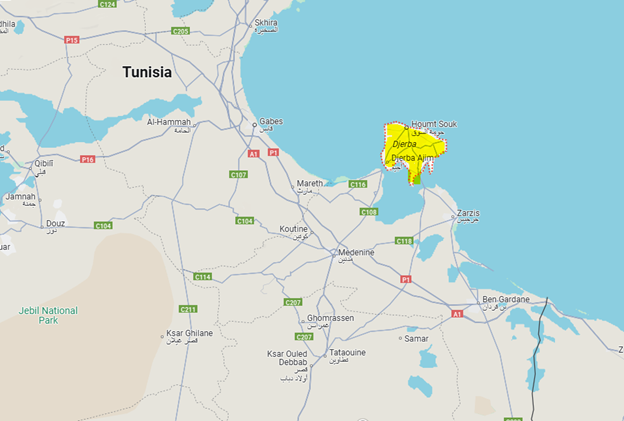
הרב רחמים חי חְוִויתָה הכהן (כ”ב בסיוון ה’תרס”א, 9 ביוני 1901 – י’ בשבט ה’תשי”ט, 19 בינואר 1959) היה ראש ישיבה ודיין. אב בית דין ורבה הראשי של ג’רבה בתוניסיה[1][2], ומחשובי רבניה במאה ה-20. תלמידו המובהק וממשיך דרכו של הרב כלפון משה הכהן. לאחר שעלה לארץ ישראל כיהן כרב המושב בֶרֶכְיָה שבדרום.

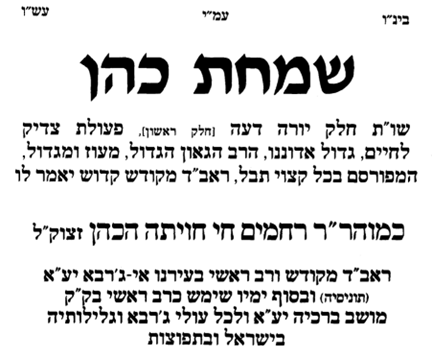
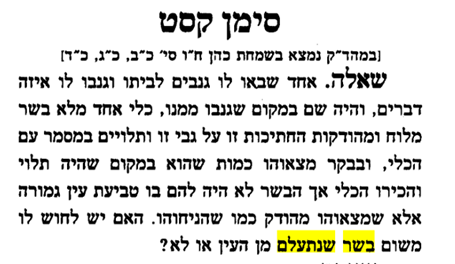
He was responding to a question of בשר שנתעלם מן העין as a result of a robbery.
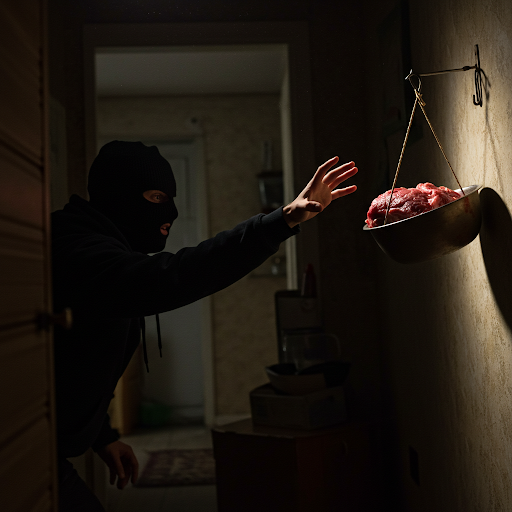
In short, he ruled to allow it. See here.
4 – Further on the topic of רוב וקבוע, we mentioned two more cases where this rule applies.
A- Story of 4 partners that purchased 33 אתרוגים in bulk, one paying for 20, one for 8, one for 3 and for for 2. Each one tied what he purchased together. (In a bag?).

Now, a thief came along, untied all the knots, stole 10 and left 10.
How do we divide the remaining 10?

If we follow רוב, being that the majority of the אתרוגים belonged to largest shareholder, then we should perhaps say that all 10 left behind by this thief, belong to the partner that purchased 10!
Even though the ספק began at the source, which would make it קבוע, but if the thief was a גוי, then קבוע does not apply.
The logic is that as above, the idea of of קבוע does not apply to a גוי.
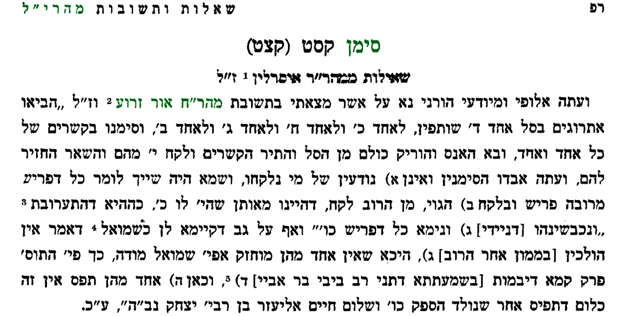
5 – We mentioned the קצות that suggest an interesting point.
There is a difference says the קצות, between the case of the גוי finding a piece of meat and when the גוי steals the אתרוגים.
Whereas when we deal with כשר and נבילה, it makes sense that קבוע us not applicable to a גוי since he can eat נבילה, when we switch to הלכות גזילה, to which a גוי is also commanded, why should the rules of קבוע not apply?
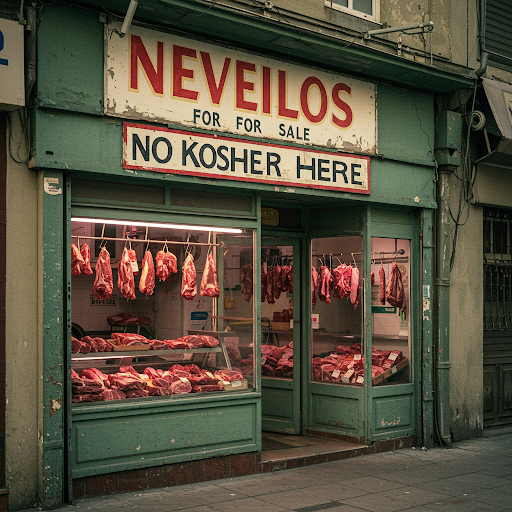
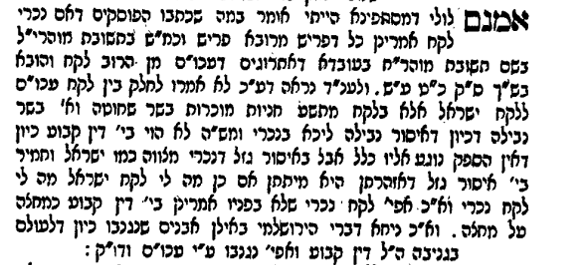
קצות רצב, ב.
Note: See here regarding applying the din of קבוע in monetary matters – דין קבוע בדיני ממונות.
B – The other example is from הלכות פסח. 453, 17
Here the point is that for the rule of קבןע to apply, we must be certain that an איסור exists and that it must be identifiable.
We spoke of the times when the ability to find wheat that was שמורה משעת קצירה was no small task. Having no choice, the flour used for Matzos was purchased on the open market. Now if the kernels came into contact with water it would be problematic.

